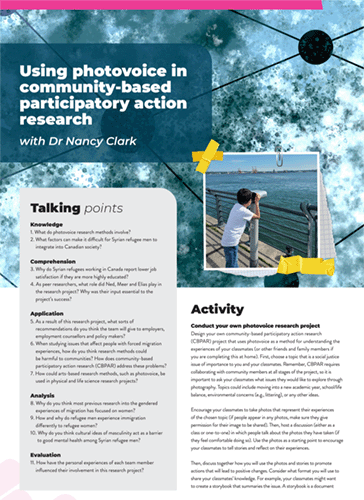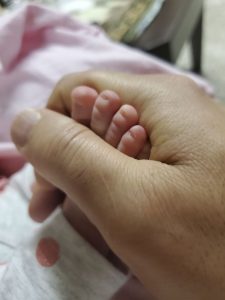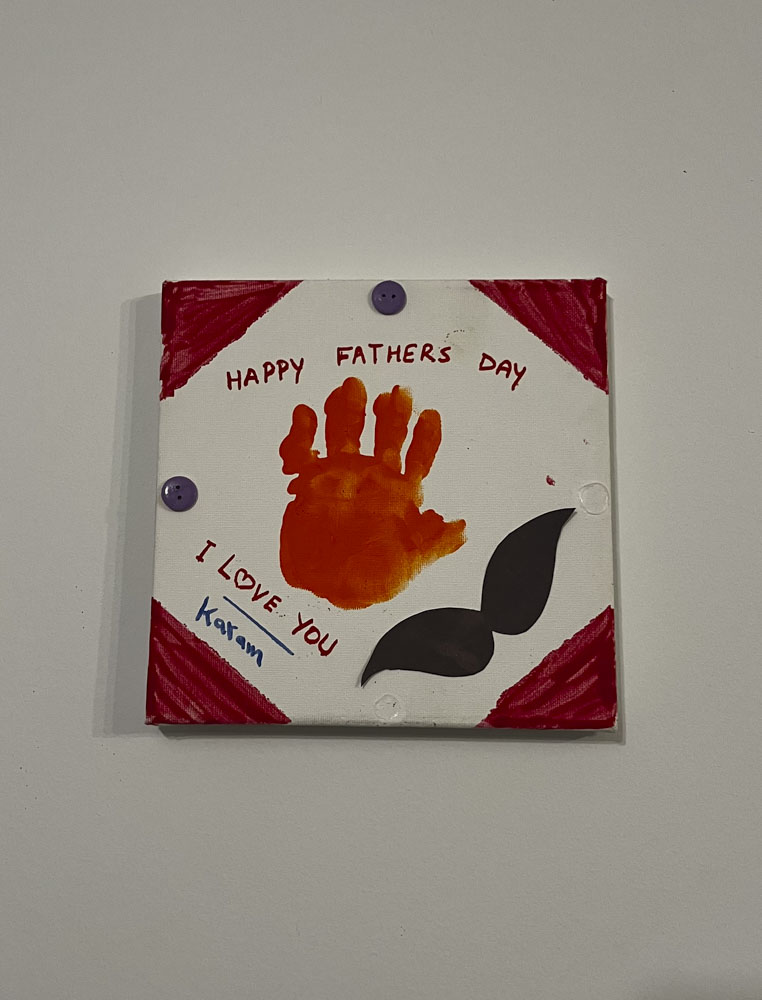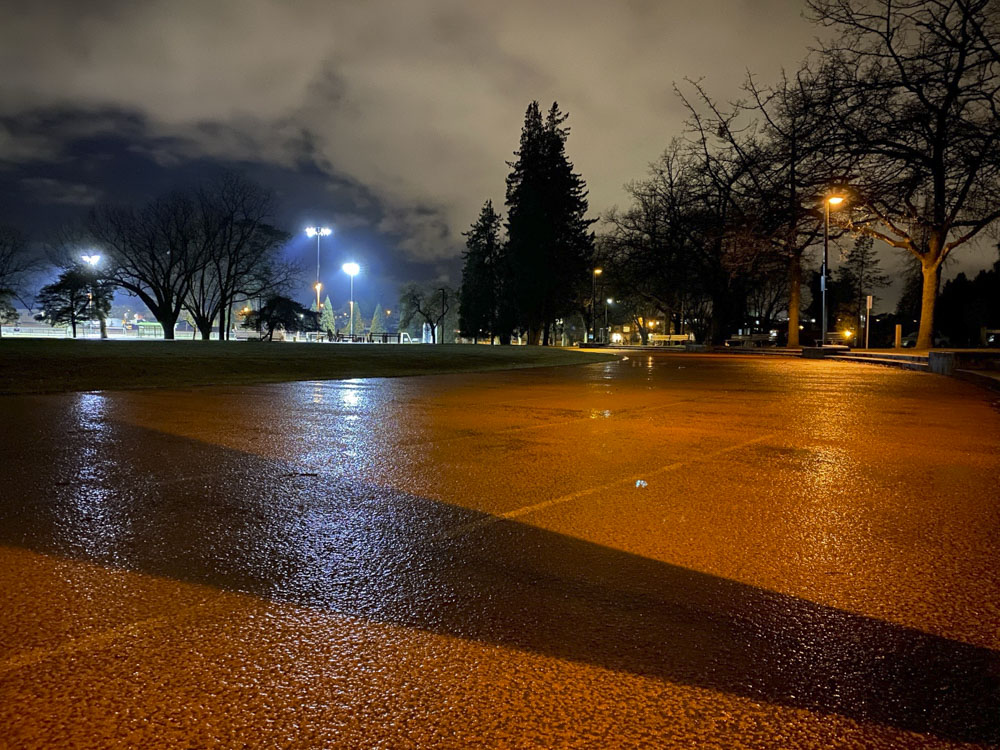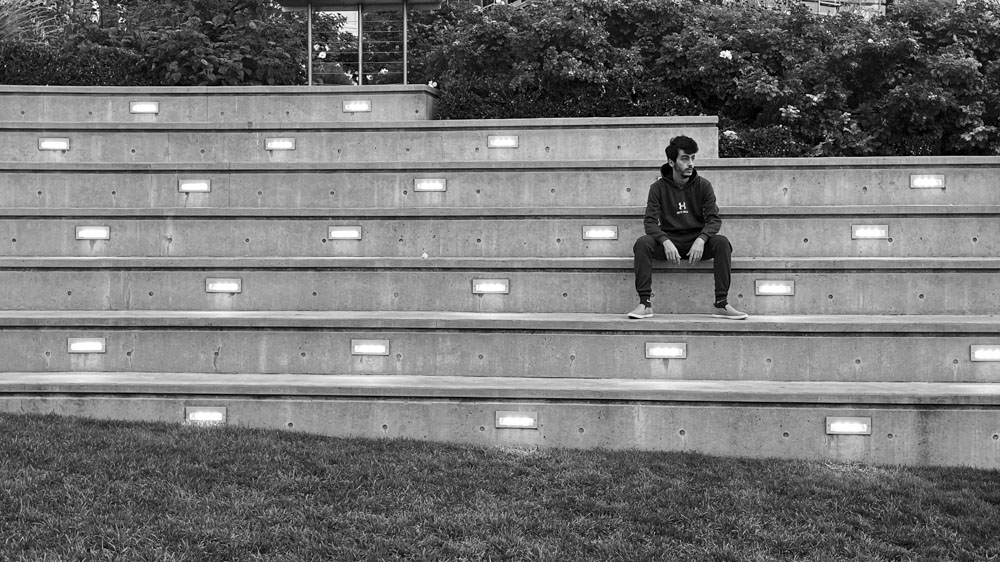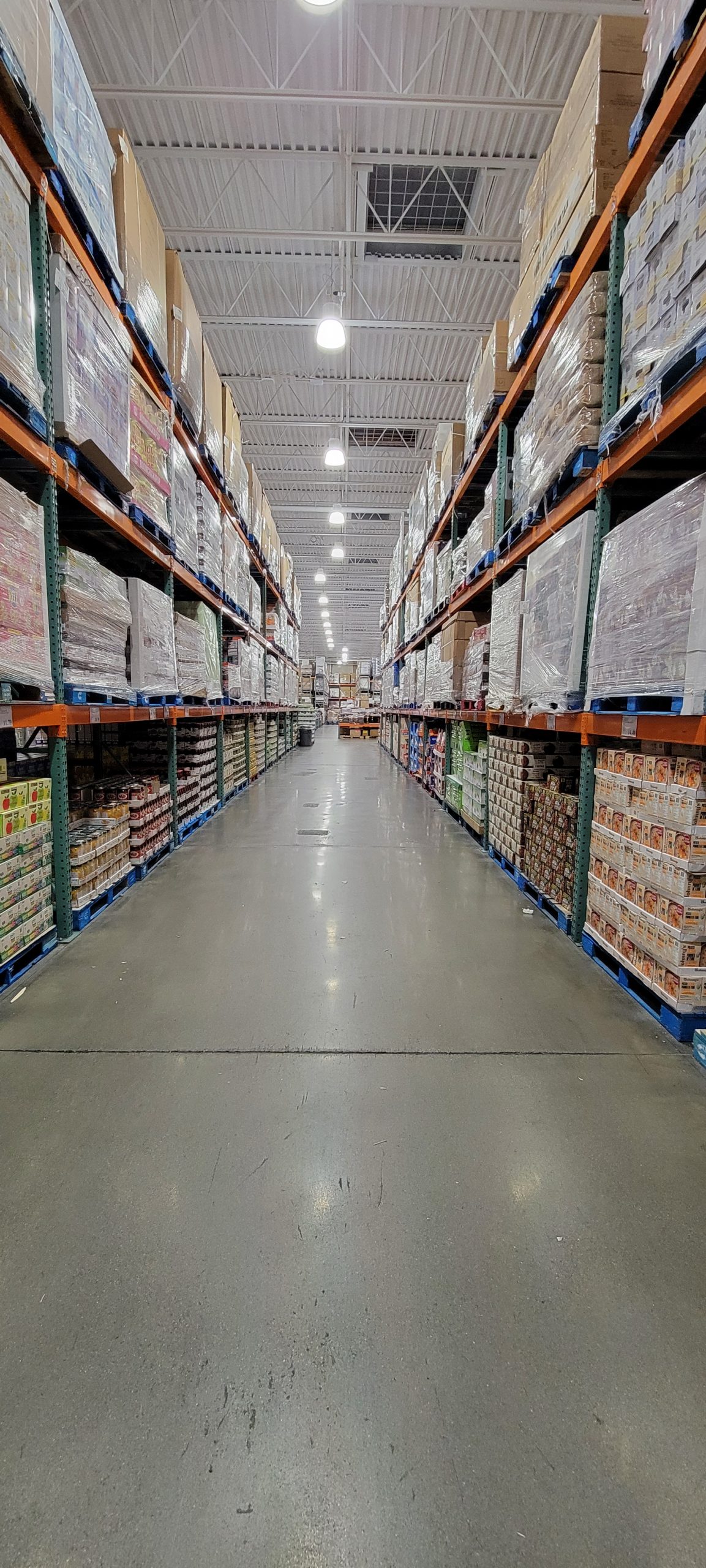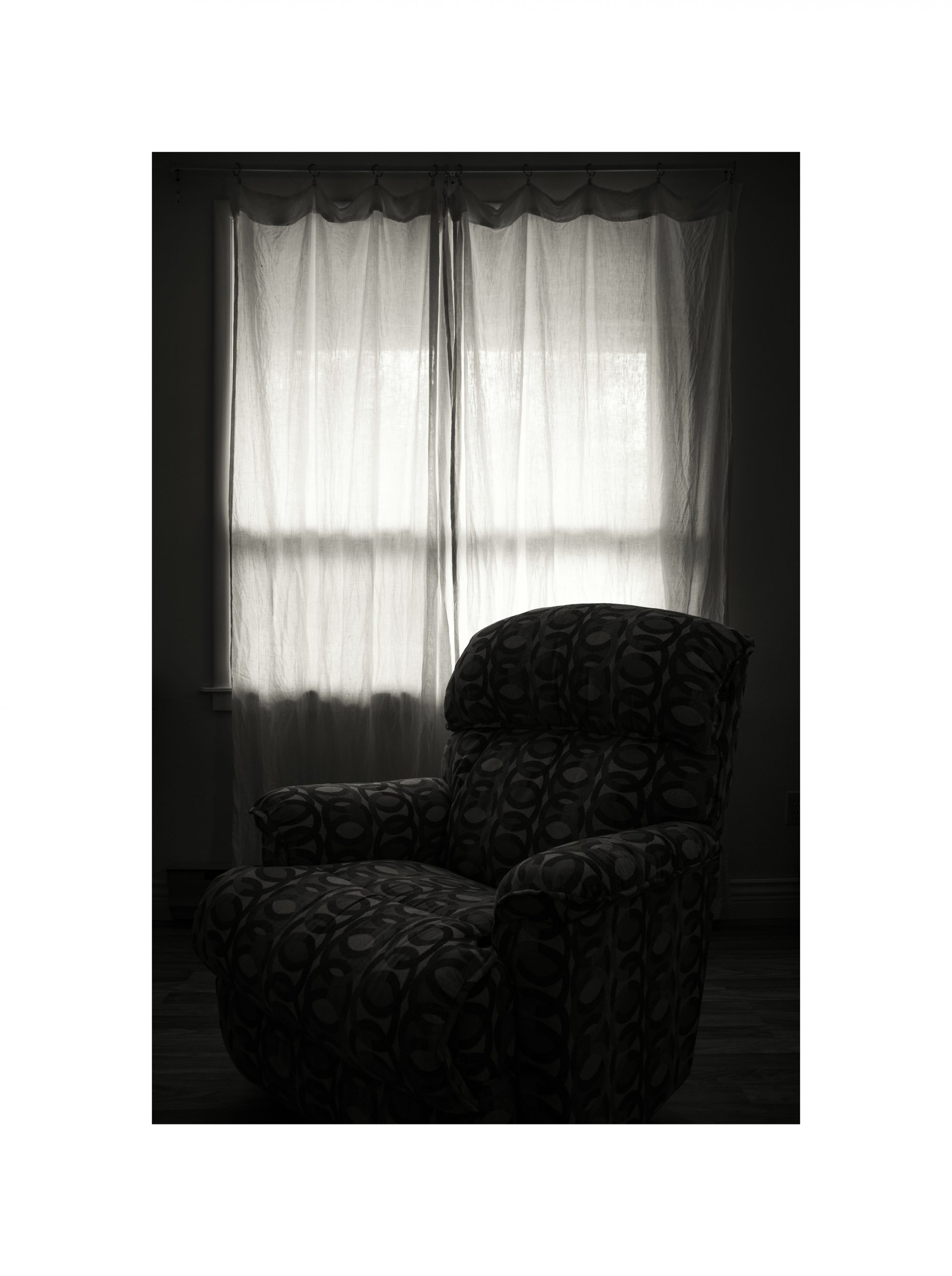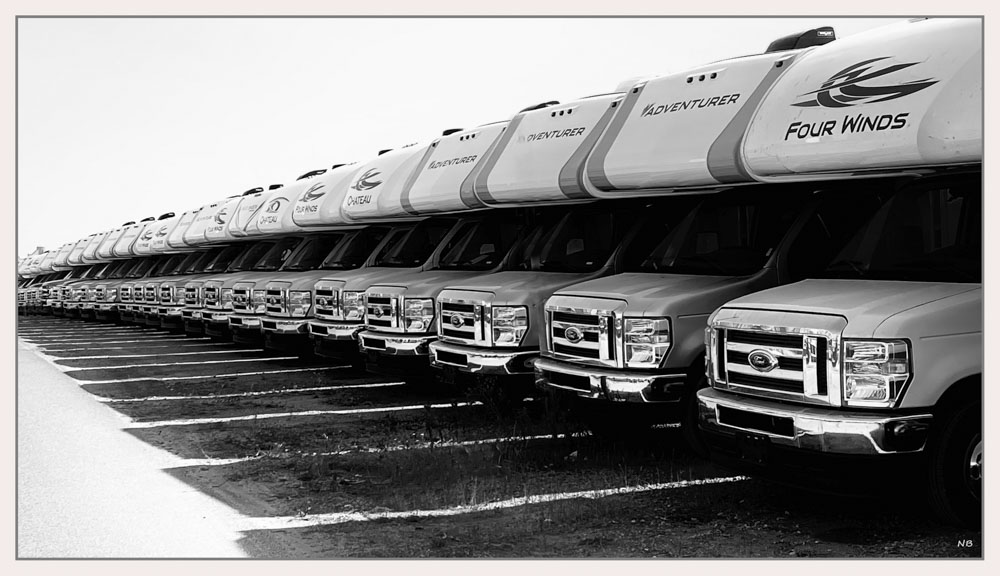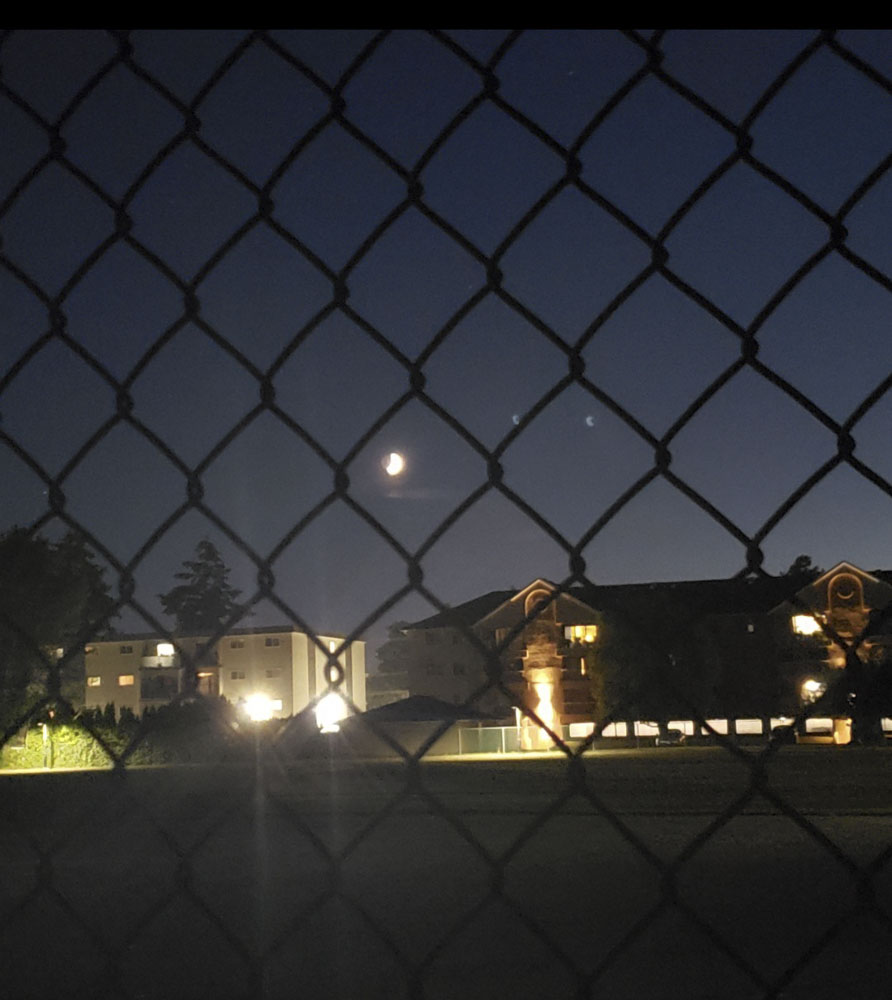VOICES OF SYRIAN MEN
Employment and Integration in Canada
How can photography help refugee men talk about mental health?
Introduction
The voices of Syrian men is part of a two year study (June 2021– May 2024) that was funded by the Social Sciences and Humanities Research Council (SSHRC)-Insight Development Grant. The study aimed to understand refugee men’s experiences of resettlement in Canada, with a specific focus on the impacts of employment integration and affects to their mental health. An intersectional analysis was conducted to understand how broader notions of masculinity were shaped by employment and migration, and the intersecting factors that shape Syrian men’s mental health post migration in Canada.
From November 2015 to December 2016, over 39,000 Syrian refugees resettled in Canada through Operation Syrian Refugees. Among them, 4,400 refugees arrived in 65 communities across British Columbia. This was the largest group resettlement in Canada in over 40 years.
Watch the video
This documentary features three Syrian men who participated in the study, “Exploring Syrian men’s mental health and participation in labour employment: A community participatory arts-based project.” The project, led by UVic Nursing Associate Professor Nancy Clark, highlights the diversity of experiences of Syrian men who came to Canada as refugees, as well as the differences between older and younger men in their experiences of displacement, building a new life in Canada and impacts to their identity and belonging.”
Read the interactive storybook
An immersive experience with audio clips, photos and videos.

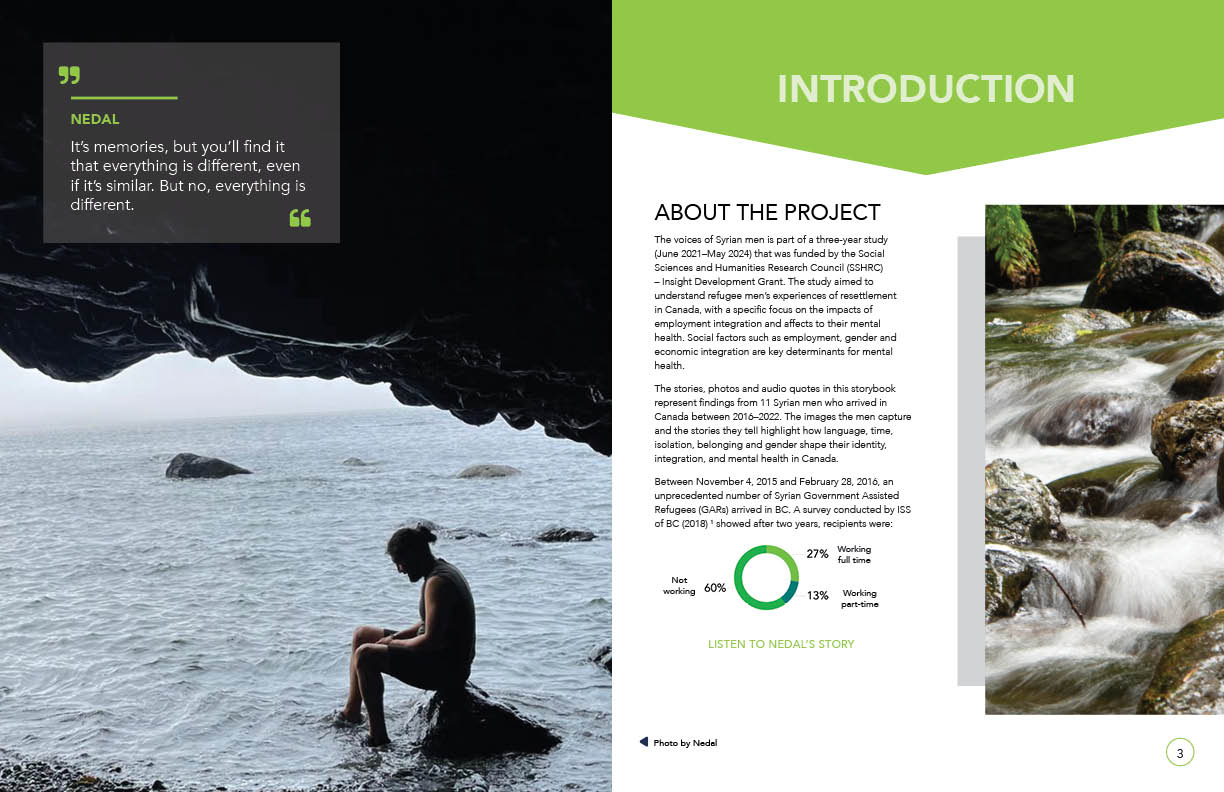


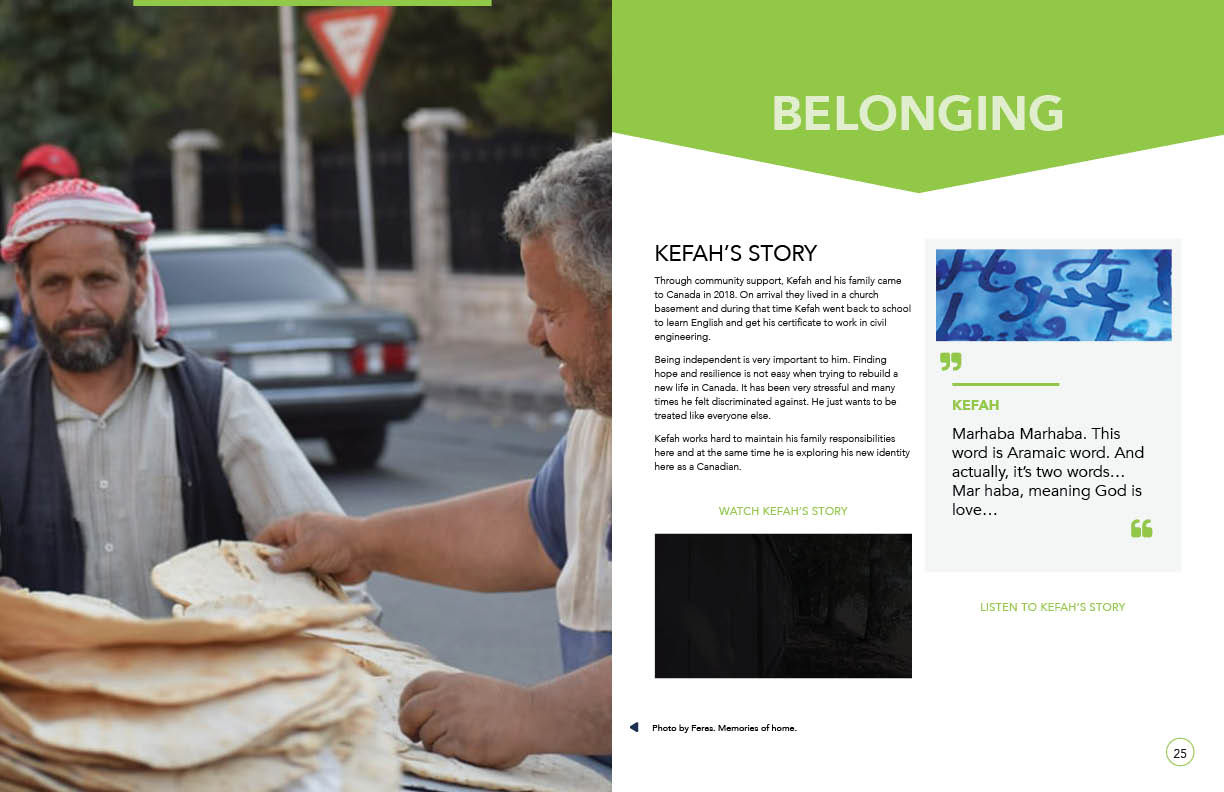
Photovoice Gallery
This gallery shows how Syrian men identified their experiences of integration, gaining employment or credentials and affects to their psychological health. The photos are further themed in the participants digital storybook and animated book.
University of Victoria story “Syrian men use photography to turn eye on mental health”
University of Victoria President’s Chair Nancy Clark has been working with 11 Syrian men who have resettled in the lower mainland of Metro-Vancouver and Victoria on a two-year Social Sciences and Humanities Research Council (SSHRC) study. Exploring Syrian Men’s Mental Health and Participation in Labour Employment: A Community Participatory Arts-Based Project uses photography to explore the social determinants of Syrian men’s mental health and highlights how the intersections of masculinity, forced migration and resettlement shape men’s experiences of economic integration.
Futurum Article
For information about the photo voice project and the researchers, read this article: ‘How can photography uncover the mental health challenges faced by refugee men?’
- This article was produced by Futurum Careers, a free online resource and magazine aimed at encouraging 14-19-year-olds worldwide to pursue careers in science, technology, engineering, maths and medicine (STEM), and social sciences, humanities and the arts for people and the economy (SHAPE): www.futurumcareers.com
Download the article and activity sheet as PDF files.
Article

Activity Sheet
